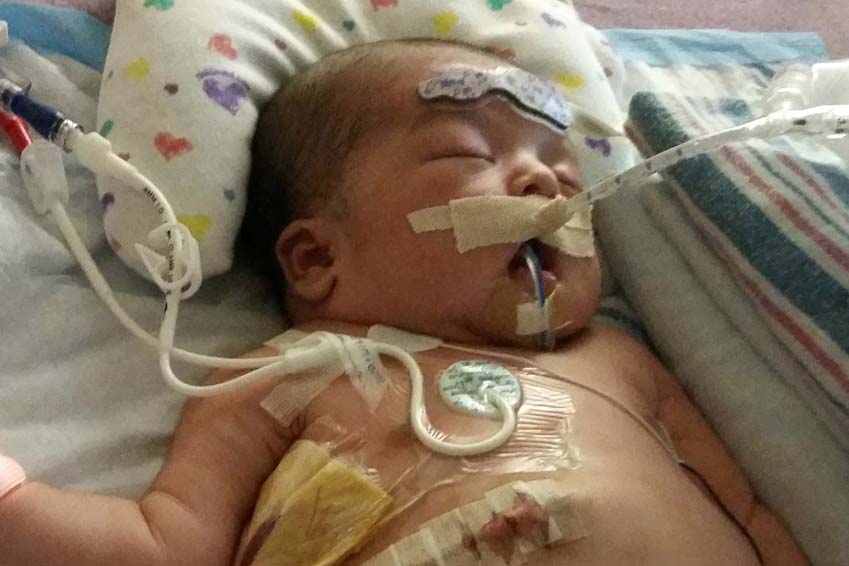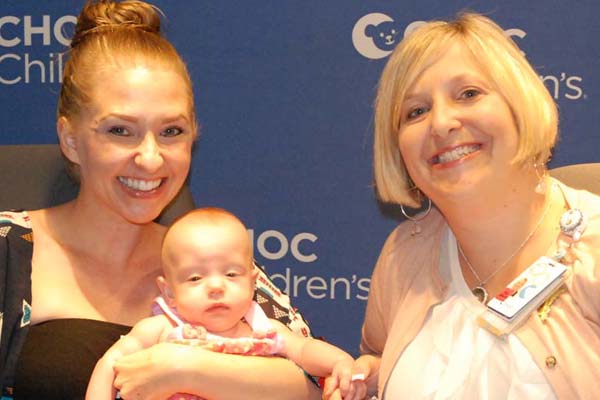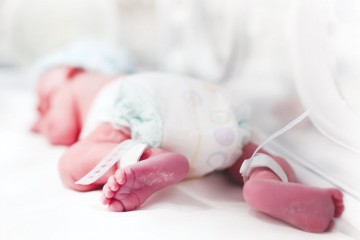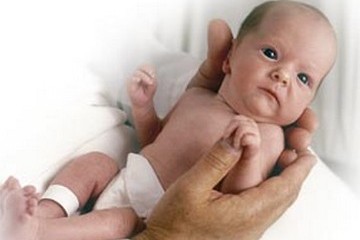 Every family looks forward to a healthy pregnancy and to the birth of a healthy newborn. For some, there may be unexpected challenges along the way because an expectant mother has a high-risk pregnancy. This means that she or her baby has a greater chance of complications because of certain factors, such as:
Every family looks forward to a healthy pregnancy and to the birth of a healthy newborn. For some, there may be unexpected challenges along the way because an expectant mother has a high-risk pregnancy. This means that she or her baby has a greater chance of complications because of certain factors, such as:
- Being younger than 18 or older than 35 years
- Being underweight or overweight
- Having a low red blood cell count (anemia) and eating a non-nutritious diet
- Having given birth more than four times
- Having a previous preterm birth (birth before 37 weeks’ gestation)
- Having given birth to a very large or very small baby
- Having a previous pregnancy loss
- Having a family history of genetic disease or a previous baby with a birth defect
- Substance use (cigarettes, alcohol or drugs)
- Having a medical condition like diabetes, high blood pressure, heart disease or any other chronic illnesses
- Having a baby with a possible congenital malformation diagnosed during pregnancy with ultrasound
- Taking infertility medications or treatments (these raise your risk for multiple births).
PREGNANCY AFTER 35
Many women today are waiting until later in life to have children. Age 35 is considered advanced maternal age by obstetricians, with the risks increasing as a woman ages. An older mother may be at increased risk for miscarriage, birth defects and pregnancy complications such as twins, high blood pressure, gestational diabetes and difficult labors. “Advanced maternal age pregnancies have more risk than non-advanced maternal age but there is a lot of individual variability, meaning many mothers will have no complications at all or an easy-to-manage complication,” says Dr. Michel Mikhael, CHOC neonatologist.
The risk of chromosomal abnormality increases with maternal age. The chance of having a child affected by Down syndrome increases from about 1 in 1,250 for a woman who conceives at age 25, to about 1 in 100 for a woman who conceives at age 40. It is important to know that most babies with Down syndrome are born to women under the age of 35, because women under the age of 35 have more babies than women over 35.
HAVING A HEALTH PREGNANCY
Despite the risks associated with a high-risk pregnancy, you can minimize the potential for complications with the help of your doctor. Being as healthy as possible before becoming pregnant and getting early and regular prenatal care during pregnancy are important ways to take the best care of yourself and your developing baby.
“The most important thing is to establish a strong and trusting relationship with your primary obstetrics doctor and to meet with a high-risk pregnancy specialist or neonatologist if needed,” Dr. Mikhael says. “Obstetricians and high-risk pregnancy doctors have certain guidelines for testing and follow-up based on scientific research studies, to guide you in assuring the well-being of you and your baby.”



















